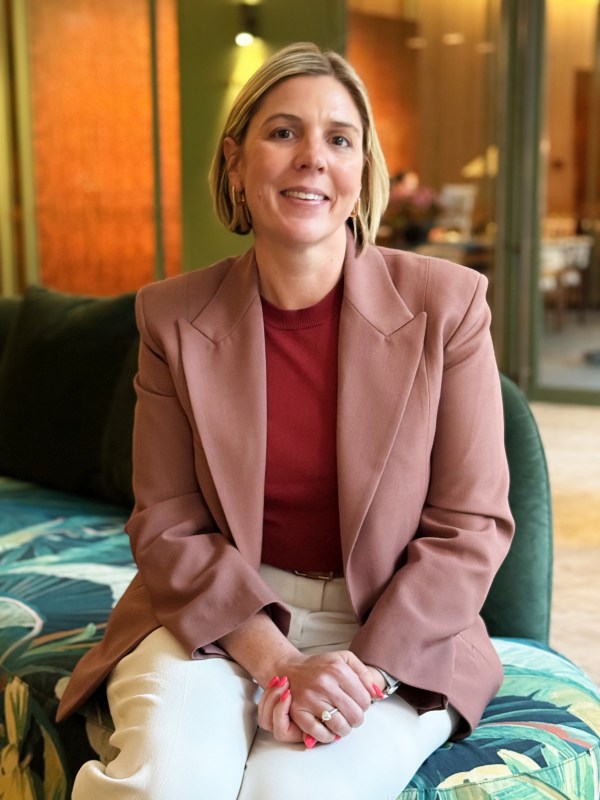The business of death: How funeral directors think about marketing
Mumbrella sat down with the president of Funerals Australia, Asha Dooley, to discuss the business of finding customers in what is a surprisingly competitive market.
The average person will organise just two funerals in their life. Those send-offs will most often be for parents or partners.
That puts funeral directors in an almost uniquely difficult marketing position. Through a potential customer’s life – more than 80 years – a director is going to have just two opportunities to win business, deliver a great product and build trust. And that all has to happen in a very brief window, while the customer is possibly having the worst time ever.
“We know we only have a fairly short window normally, but we also have to find the right person in the family. So you might have five people in your family doing searches, but only one of you is really making that decision.”

Asha Dooley (Mumbrella)


I have recently joined the industry, and as a marketing leader, it certainly holds some different challenges from other categories I have worked in. The key is the fundamentals of marketing are the same, understand your customer, competitors, your USP’s and the best media placements to reach them. People choose the brands they trust or will research online to find and check their reputation through the website, social & reviews. I agree with your comments about the impact of the AI overviews in search, as Google holds a significant share of marketer’s budgets, keeping a close eye on ROI from Google Ads and not having all your eggs in one basket will be key. Nice work on the rebrand. I would have liked to have heard about the rationale of the icon in the logo, does it represent something?